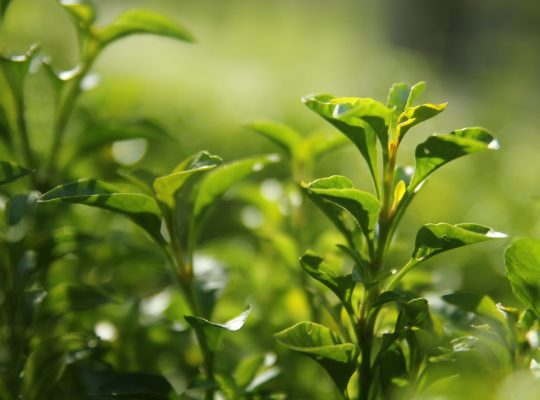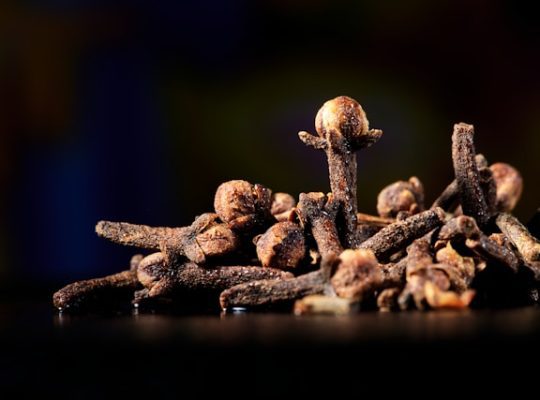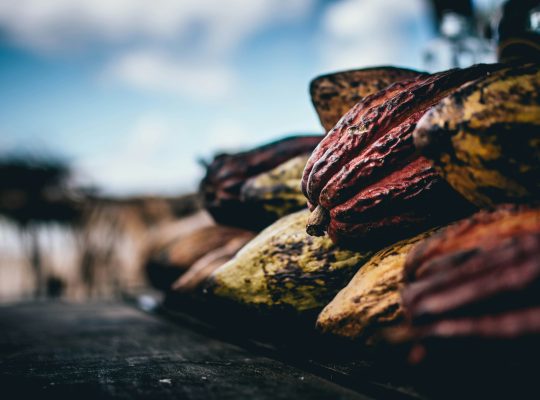Indonesia stands as a global giant in biofuel production, tracing a long journey in developing palm oil-based biodiesel. Since its early days in 2009, with an initial production of 190,000 kiloliters (KL) of B2.5 biodiesel, the nation has seen a steady rise in its biofuel output. By 2014, this figure had soared to 3.96 million KL due to an increased blending rate (B10). However, 2015 witnessed a notable drop in production to 1.65 million KL, largely because biodiesel prices surpassed those of diesel fuel. Additionally, the planned biofuel subsidies had to be withdrawn to counter Indonesia’s significant trade deficit, posing a challenge for the future of the biodiesel industry.
The establishment of Government Regulation No. 24 of 2015 on Palm Plantation Fund Collection and Presidential Regulation No. 61 of 2015 brightened prospects by utilizing palm product export levies for biodiesel development incentives. According to Tungkot Sipayung, Executive Director of the Palm Oil Agribusiness Strategic Policy Institute (PASPI), these regulations significantly boosted the biodiesel sector. The introduction of a B20 mandate in 2016 saw production rise to 6.17 million KL and further to 11.81 million KL in 2022 under the B30 mandate.
Despite initial ambitions to expand the biodiesel blend to B35 in early 2023, domestic demand predominantly absorbs the biodiesel produced by National Biofuels Industry (NBI) firms. This shift has led to a domestic biodiesel consumption jump from 119,000 KL in 2009 to 10.42 million KL in 2022. Interestingly, the domestic utilization of biodiesel compared to its production has fluctuated over the years, peaking at 98% in 2020.
The ongoing commitment to the B30 biodiesel mandate across 2020 and 2021, despite challenges posed by the Covid-19 pandemic, underscores Indonesia’s dedication to its bioenergy mix targets. This resolve extends beyond domestic energy security to include exporting biodiesel as a low-emission renewable energy source, contributing to the nation’s foreign exchange earnings.
Throughout 2009-2022, biodiesel exports from Indonesia have varied but showed a positive growth trend, recovering notably after overcoming anti-dumping allegations by the European Union in a landmark legal victory. Following the EU’s removal of high anti-dumping tariffs, Indonesia experienced a resurgence in biodiesel exports, especially to the EU, which remained a key market alongside China, the United States, Malaysia, and Singapore.
Looking ahead, the Indonesian Biofuels Producers Association (Aprobi) sees a bright future for biofuel down-streaming, buoyed by the continuous increase in energy demands apart from food. The biodiesel industry, initiated in 2005, notably contributes to diesel fuel, with its share increasing to 35% as of February 2023. Aprobi assures readiness to provide biodiesel meeting both quality and volume requirements, signaling robust growth potential for this commodity within and beyond Indonesia’s borders.








